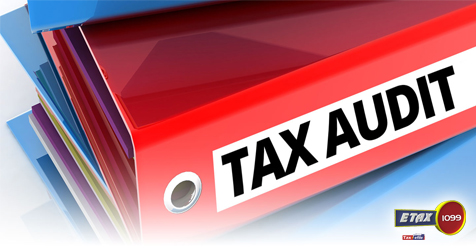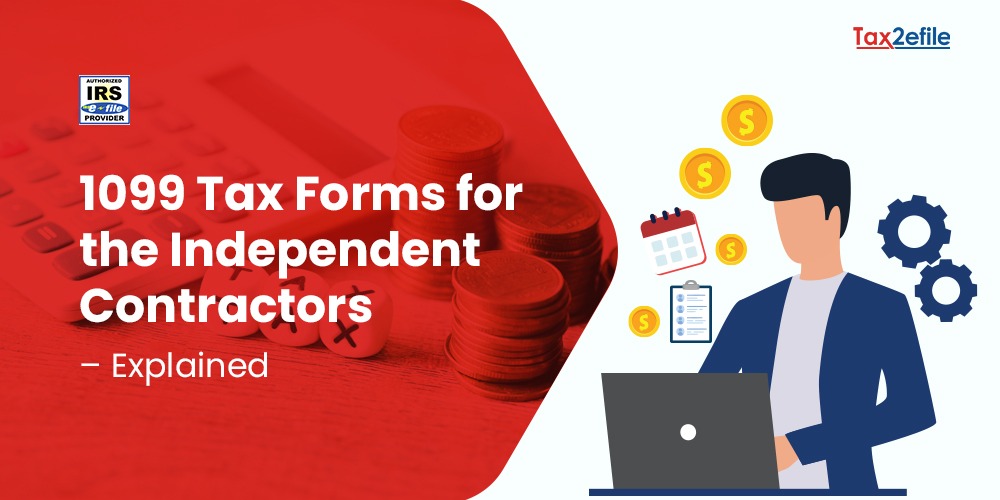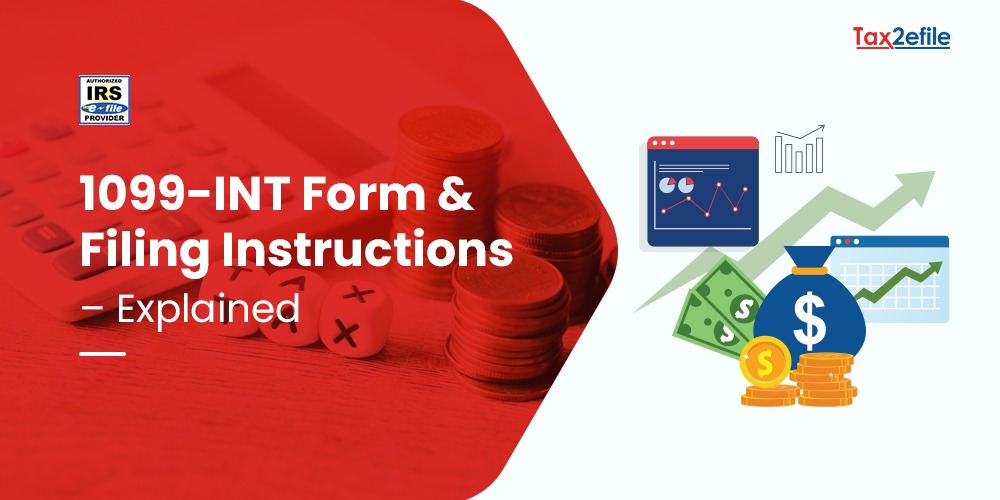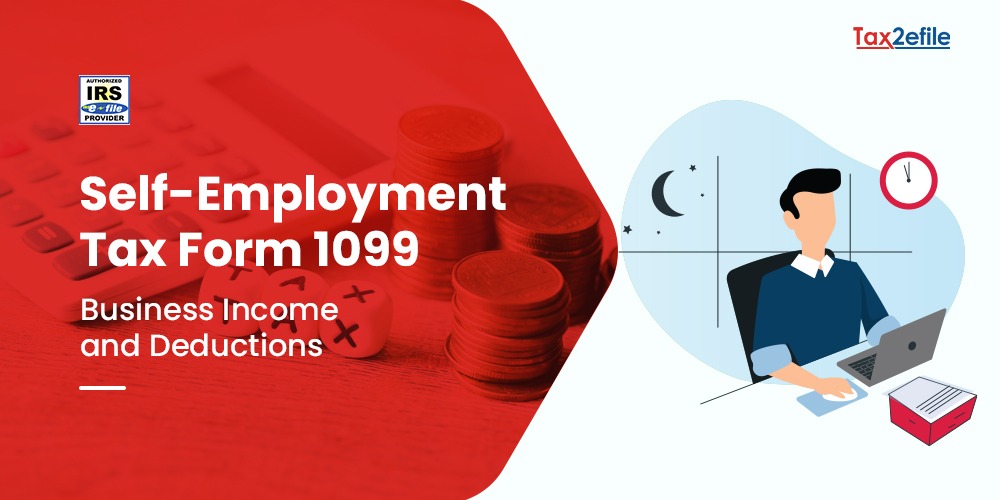- August 8, 2017

Though the audit is rare in the United States, most Americans want to avoid them for some reasons. According to Internal Revenue Service (IRS), only a little percentage of the people is audited. But the figures are rising considerably every year since 2008. Note that for the audits, the taxpayers are selected randomly, so you cannot protect yourself from the tax audits if the choice is made. But you can lower the risks by following the tips below.

5 Simple Ways to Avoid Tax Audits
Checking your figures:
The most common mistake that the tax payers do and the red flags for tax auditors is an error in entering the data. Even we might have followed the advice of “double check the form before submission”, we will end up in erroneous data entry though it is unintentional. Do you believe, some people forget their income figure at the time of tax filing? And they never get all their forms such as a bank, income reports and investment statements gathered before filing.
Reporting of dependents and exceptions; matching the numbers in the forms is a prime factor. As the automated system of IRS can find the discrepancies in the provided data easily and they never know whether it is a mistake or purposefully made. So ensure that when you are filing a tax through online, the tax provider is an IRS authorized tax service provider and offers you an error-free tax filing.
Be truthful:
When you are honest while filing the tax returns, you eliminate your stress. If the tax filing is 100% perfect then you reduce the chances of audits. Accurate reporting of income, credits, deductions and other inclusions can keep the tax auditors away. In the event of not reporting the correct income and trying to manipulate it can attract the attention of the auditors and increases your stress too.
Explanations:
When you think that your tax return might invite the tax auditor, then there is no harm in including the extra forms, receipts, worksheets etc. Those attachments must prove the inconsistencies in the previous form tax returns like your name, dependents, deductions, and income. This can be explained as, when the charitable deduction is higher than the previous year then a proper explanation along with the copies of canceled checks can serve as a proof.
Realistic Deductions:
Unrealistic deductions that are found by the IRS either by the individual tax payers or business owners can attract the tax auditors. For instance, if you are an owner and file Schedule C consisting of business and profit expenses; reporting losses for consecutive 2 or more years. In that case, the tax auditor might ask the tax filer to submit the proof. So check the real possibilities of deductions and apply according. When the deductions are found unusual then the auditors have no choice other than conducting audits.
E-Filing all your income:
E-filing your forms might decrease the number of errors. When the errors are minimal then the forms are appropriate and this will decrease the audits tremendously. Compared to e-filing of the tax returns, paper filing might contain lots of errors. Opting for e-filing lets the tax filer to review the form once before submitting and lets the user correct the mistakes before submitting the form. And with e-filing, the tax deductions can also be done accurately without any faults.
On the whole, when you are correct in your submission there is no way that the tax auditors are going to disturb you. Get tax audit guidance with our Tax2efile tax expert’s team and get your queries answered within 1 or 2 working days.


